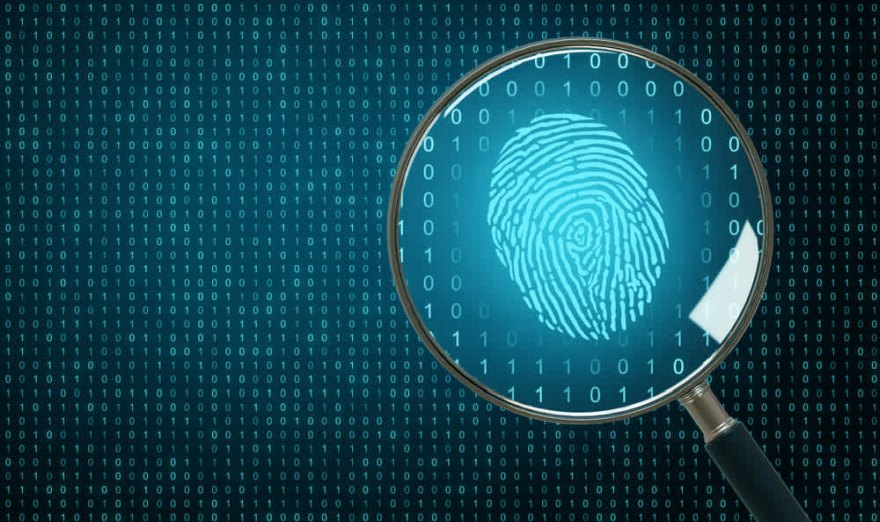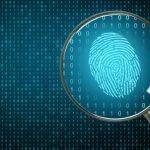Crypto hunter uncovers $500,000 Bitcoin stash hidden by spouse during a divorce proceeding

While cryptocurrency is often touted for its anonymity, unfortunately, it is not completely anonymous as most people believe. While crypto transactions are pseudonymous, meaning they are not directly linked to a person’s identity, the underlying blockchain technology behind cryptocurrencies can still leave digital footprints.
These footprints can be analyzed through forensic techniques, enabling experts to trace and potentially uncover the identities of individuals involved in cryptocurrency transactions. As such, while cryptocurrency provides a certain level of privacy, it is not entirely anonymous as one spouse soon found out after he was busted by a crypto hunter for hiding $500,000 in Bitcoin during a divorce proceeding.
During the course of her divorce proceedings, Sarita, a New York housewife, became increasingly suspicious about her spouse’s financial situation. Despite earning a substantial annual income of $3 million, her spouse seemed to possess few assets. Determined to uncover the truth, Sarita devoted six months to a thorough investigation and enlisted the assistance of a forensic accountant, CNBC reported.
Eventually, her efforts paid off when she discovered a previously undisclosed crypto wallet holding 12 bitcoins. At that time, the bitcoins were valued at half a million dollars. This revelation left Sarita feeling completely taken aback by her husband’s hidden cryptocurrency investment. To safeguard her identity and protect herself from potential repercussions, Sarita decided to use a pseudonym.
“I know of Bitcoin and things like that. I just didn’t know much about it,” Sarita told CNBC in an interview. “It was never even a thought in my mind, because it’s not like we were discussing it or making investments together. … It was definitely a shock.”
According to a recent NBC News poll, one in five Americans has invested, traded, or used cryptocurrency. So, it didn’t come as a surprise that Sarita’s spouse had a crypto investment.
How crypto hunters track down crypto assets
The pursuit of concealed cryptocurrency assets in divorce cases has given rise to a new profession: forensic investigators specializing in crypto. CNBC recently interviewed a number of these “crypto hunters,” who revealed that although blockchain technology offers a public ledger, some individuals going through a divorce have become adept at concealing their financial activities.
“If you have a spouse that’s very tech savvy, and one that isn’t, it can be somewhat easy to hide those assets,” divorce attorney Kelly Burris told CNBC.
“The thing with cryptocurrency is it’s not regulated by any kind of centralized bank, so usually you can’t subpoena somebody and get documents and information related to somebody’s cryptocurrency holdings,” Burris said. She added that she sees explicit cryptocurrency requests in discovery in 40% to 50% of her cases.
According to an attorney based in Austin, Texas, the most effective method for obtaining information about a spouse’s cryptocurrency holdings is to subpoena that information from a centralized crypto exchange. In cases where this is not feasible, a forensic analysis of the individual’s computer or phone is often required to identify a wallet address, followed by blockchain analysis.
Nick Himonidis, a New York-based licensed private investigator and a computer forensic expert, told CNBC: “Crypto asset forensics, cryptocurrency forensics, and blockchain forensics have become a significant part of our practice and by far, the fastest growing part of our practice.”
According to Himonidis, about 25% of the divorce cases he handles involve aspects related to cryptocurrency. He added that some of these cases are relatively uncomplicated, involving scenarios where cryptocurrencies like bitcoin are held as custodial assets in brokerage accounts or on popular trading platforms like Coinbase.
“These companies keep records just like your broker at Morgan Stanley would keep records of your trades,” he said. Other cases are what Himonidis describes as the “whole enchilada.”
“They’re calling us because they want to get us appointed as the neutral forensic cryptocurrency expert to marshal and account for the party’s crypto assets and track down any undisclosed crypto assets that one party may have,” he said.
“There’s not just a couple of blockchains to worry about anymore. There’s hundreds and hundreds of coins out there on their own little independent blockchains,” he said.




